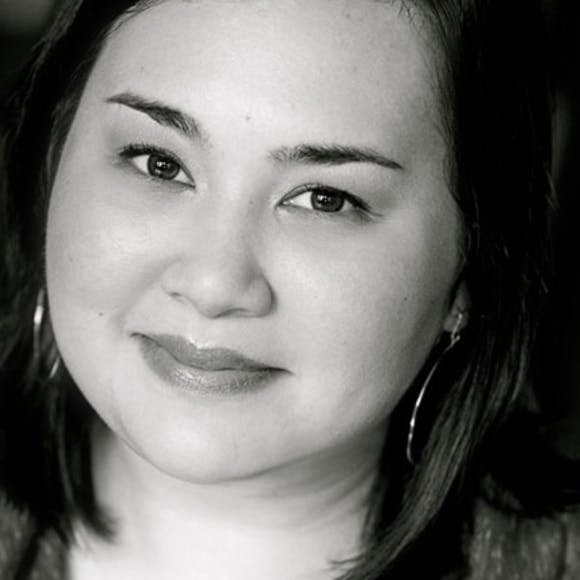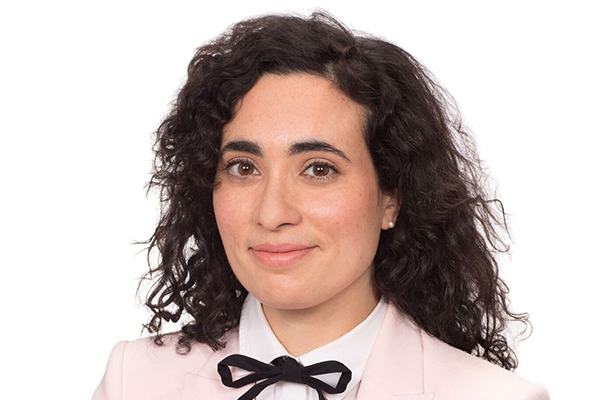
Author: Warren Berger
Author Bio:
"Innovation expert and questionologist Warren Berger has studied hundreds of the world’s foremost innovators, entrepreneurs, and creative thinkers to learn how they ask questions, generate original ideas, and solve problems. He is the author or co-author of 12 books, including the bestseller A MORE BEAUTIFUL QUESTION: The Power of Inquiry to Spark Breakthrough Ideas and the internationally acclaimed Glimmer, named one of Businessweek’s Best Innovation and Design Books of the Year. His writing appears in Fast Company, Harvard Business Review, Psychology Today, and The New York Times. He lives in New York."
1. Why do you believe that questions are more important than answers?
Don’t get me wrong—answers are very important! But they may be temporary, or incomplete, or outdated, or sometimes just plain wrong. The way we continually get to new answers, better ones, and a fuller understanding, is through questioning. In today’s info-saturated world—where a million “answers” are always at our fingertips—you could say that the value of questions is rising faster than the value of answers. Only by asking the right questions are we able to sort through that glut of information, make sense of it, and figure out how to best use it.
2. You’ve stated that there are so many different ways we can get better at questioning. What are some best practices to enhance questioning skills?
The best practice is practice. Ask more questions and you will get more comfortable doing it, and become better at it. When I go to schools, I encourage teachers to use question formulation exercises—which is really just about getting kids to think of and write down lots and lots of questions on a given topic. This works for adults, too. It is sometimes referred to as “question-storming”—like brainstorming, only with questions instead of ideas.
3. What was your writing process like for “A More Beautiful Question”?
I spent about two years researching it, though this doesn’t count 20 prior years of informal research as a journalist who was asking questions every day as part of my job. When my research was done I spent about 6 months working on outlines and rough drafts of certain parts of the book. Then another 6 to 8 months writing the whole thing.
4. What are some things that you question the most?
One question I am always thinking about is, What do I really believe? And why do I believe it? I think it’s a good idea to always challenge our pre-existing beliefs and views. Another question I’ve been grappling with lately is, when can it be counter-productive to question things? Is it always wise to question the experts? Isn’t it also important to acknowledge expertise and accept established facts?
5. What happens when people stop questioning and take things at face value?
They stop learning, evolving, growing. And they are at risk of following bad information and misguided or outdated ideas.
6. Looking at American society today, many individuals are divided based upon their religious affiliations, race, or political views. How can questions help to mend this societal gap?
One of the problems now is that many people are clinging to their own answers, their own versions of the truth. They need to be able to step outside themselves and see things from another perspective. Questioning can help you do that. When you encounter a viewpoint that is different from yours, inquire about it and see if you can gain a different perspective.
Be willing to investigate or consider that point of view with a genuine sense of curiosity. Doesn’t mean you have to agree with it—it may be a repugnant view—but generally speaking, you want to try to fully understand before you judge.
7. Do you believe in dumb questions? And how often do you get asked that question?
Yes, questions can be dumb. They can also be dishonest, manipulative, and disrespectful. People often say to me, “I’ve heard there is no such thing as a dumb question or a bad question.” To which I say, you’ve heard wrong. If you’re in a meeting and you ask a question that is off-topic and is of no interest to others in the meeting, that can be a dumb (and selfish) question.
However, we should keep in mind that questions that seem dumb or naïve can actually be very powerful. They can challenge assumptions. For example, when everybody has been doing something a certain way for decades, and somebody comes along and asks, “Why are we doing it this way?”—that can seem like a dumb question. But that question often leads to innovation.
8. What are some of the best questions you have asked yourself? And what answers did they lead to?
At the start of this work, I formulated the question, “How might I change the way people think about questioning?” That’s a very ambitious question that I’ve been pursuing for years and it has led to books, speeches, employee workshops, student exercises and more.
It led to an annual event called Question Week, and many other things. I recommend that people try to come up with their own beautiful question they can pursue, over time. As you formulate it, you might try starting with the words, “How Might I” or “How Might We.”
9. Out of the question starter words, “How”, “Why”, “Who” and “What”, which would you say is the most powerful?
I think Why is the most powerful because everything starts with understanding, and asking Why helps us to understand. How is also very powerful because once we understand something, we need to figure out what to do about it—that’s where How comes into play. I think of the questions starting with who, what, or when as being more closed-ended and factual—still very important and necessary, but maybe less powerful than open-ended questions.
10. Why do you think the public schooling system as we get older stops challenging students to ask the big questions and inquire?
Because the whole system was designed around answers. That is how we measure and reward students (and how the schools get rewarded). The students then internalize that, and gradually they’re less inclined to ask questions because they know there is no reward for it.
11. If you were, or are, raising kids today, what ways would you foster an environment that gives them the freedom to ask questions?
Don’t over-explain things to kids. Present them with something intriguing and encourage them to wonder and inquire about it. Celebrate good questions that are asked—maybe award a “question of the week.” Encourage kids to follow up on their own questions by investigating and exploring. Get them to take ownership of their questions.
12. What’s your best advice for getting over writer’s block?
Stay in the seat for at least an hour. It’s amazing how quickly people give up and say they’re blocked—they (and sometimes me) will do that after a mere 15 minutes of struggle! If you stay at it for an hour, good things often happen. If you’re still blocked after an hour, try taking a half-hour walk—it works wonders—then go back to your writing for another hour. Do not, repeat do not, go online or engage with any form of media. If you do that, you’re escaping.
13. What’s the best book you have read this year so far?
Think Again, by Adam Grant. It’s about trying to open up your thinking to new ideas and fresh perspectives. Right now, I am also enjoying The Splendid and the Vile, by Erik Larson.
14. What’s the best advice you have ever received on happiness?
This is pretty basic and many will have heard it already—that we should think of happiness as a journey not a destination. You’re not going to “arrive” at happiness one day—it will come to you along the journey in waves or even just small moments.
15. Do you plan on writing more books in the future?
I don’t know. I won’t know until an idea takes hold of me to the extent that I have no choice but to write a book about it.
Places To Find More From This Author:
Twitter: @GlimmerGuy
Facebook: Warren Berger
Linkedin: Warren Berger
Get Your Copy of A More Beautiful Question Today!







